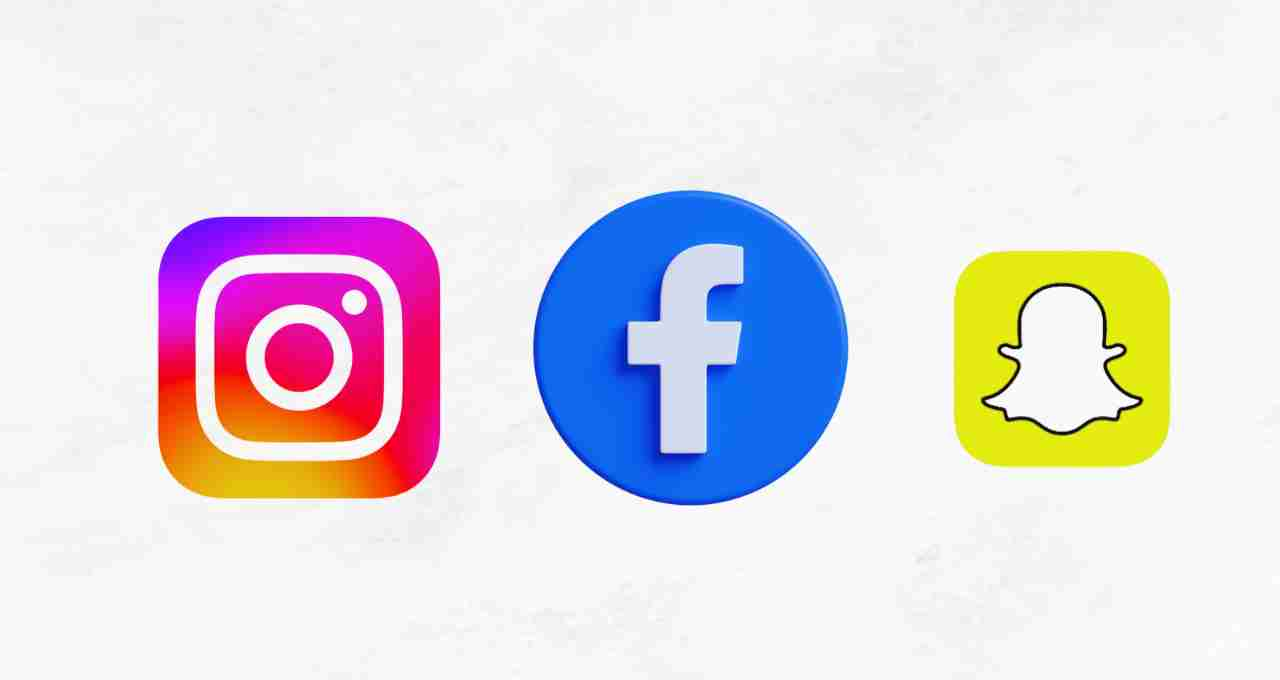The current cybersecurity landscape is increasingly alarming. A recent incident involves a massive data breach exposing sensitive information, including passwords and login details, of over 180 million users. This data was found publicly accessible online without any security measures. The severity of this leak is underscored by the fact that it affects users of major platforms like Apple, Facebook, Instagram, Snapchat, and Roblox.
47 GB of Leaked Data Found Publicly Accessible Online
Cybersecurity experts were shocked to discover 47 GB of leaked data openly available on the internet without any protection. This discovery was made by Jeremiah Fowler, a renowned American cybersecurity researcher. He reported finding a database of 47.42 GB on a web hosting platform containing over 84.1 million unique passwords and login credentials in plain text—completely unprotected and unencrypted. Anyone could directly access this data from the internet, making the situation even more dangerous. This bly suggests either a deliberate data leak or an extremely negligent exposure, posing a significant threat to the online security of millions.
Which Platforms Were Affected?
Analysis of the leaked data revealed information not only from social media platforms but also from banking, healthcare, and government portals. This is not merely a social media breach; it represents a direct attack on the digital identity and financial security of millions.

According to Fowler, this information was likely stolen using Infostealer Malware. These are malicious programs that secretly infiltrate user computers or devices to steal sensitive data, subsequently selling it on the dark web or through other channels.
Major Names Compromised
The most startling aspect of this data breach is the inclusion of user information from major platforms like Apple, Meta (including Facebook and Instagram), Snapchat, and Roblox. This attack wasn't limited to a single website or app; cybercriminals stole personal information on a massive scale. This clearly demonstrates that online threats are no longer targeted at specific entities; instead, any platform with millions of users is becoming a target. This leak serves as a warning to everyone, from individuals to large tech companies.
Why Is This Leak So Serious?
Unencrypted Data: Companies typically store passwords using hashing or encryption. However, in this leak, the data was in plain text, easily readable by anyone.
Public Accessibility: The database was not password-protected; anyone could access it on the internet. This was essentially an open invitation for cybercriminals.
Sensitive Sectors Affected: The presence of logins from banking, healthcare, and government services, in addition to social media, makes this leak even more dangerous. This raises the risk of financial fraud, identity theft, and unauthorized access to sensitive government data.
Microsoft Shuts Down Dangerous Password-Stealing Tools
Recently, there was positive news: Microsoft's Digital Crimes Unit successfully shut down Lumma Stealer, a dangerous password-stealing tool used globally by cybercriminals to steal users' private information.

Microsoft, in collaboration with international cybersecurity agencies, launched a large-scale operation to eliminate this tool. While this offered some relief, a massive data leak soon emerged, revealing millions of passwords and logins openly accessible on the internet. This new leak has reignited concerns among cybersecurity agencies and internet users, as its potential for damage is comparable to that posed by the Lumma Stealer data.
Hosting Company's Silence Raises Suspicions of Conspiracy
Fowler immediately notified the web hosting company where the data was found, after which public access was shut down. However, neither the company has revealed the database owner's identity nor explained how the data ended up there. This unknown owner could be part of a large cybercrime group that collects data using Infostealer tools and then sells or uses it.
Warnings and Necessary Steps for Users
- If you are active online (and who isn't these days?), this leak could pose a serious threat. Taking precautionary measures is crucial:
- Use unique passwords for each account: Reusing the same password is a major mistake. If one account's data is leaked, all others are compromised.
- Create b passwords: Use passwords of at least 12 characters, including letters, numbers, and special symbols.
- Use a password manager: If you struggle to remember numerous passwords, use a reliable password manager.
- Enable two-factor authentication (2FA): Activate 2FA for all important accounts to prevent logins with only a password.
Monitor cybersecurity news: As data breaches are reported, check websites like HaveIBeenPwned to see if your data has been compromised.














